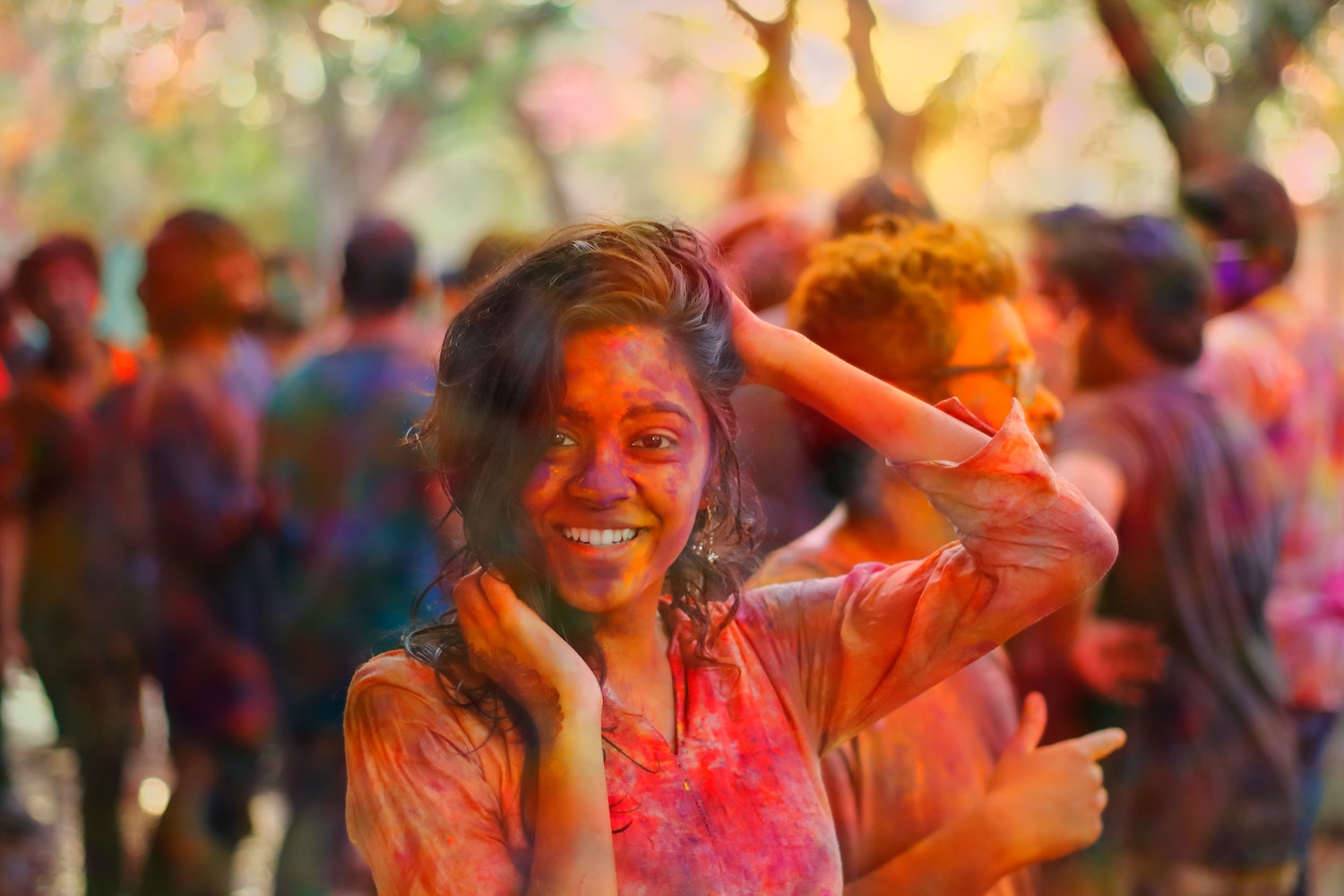Wanderful members are always asking us — and each other — about different travel destinations around the world.
If you’re a member of our Wanderful Women Who Travel Facebook Group, you’ve undoubtedly seen the numerous requests for recommendations and questions about everything from food to local cultures.
And one of the top places we get asked about traveling to as a woman? India.
India is a country that fascinates. From its ancient traditions to its modern vibrancy, “India” conjures up images of the exotic, of the thrilling, and — yes — of the nerve-wracking.
Thinking of the latter, many Wanderful members have asked us what it’s like to travel on your own to India; namely, whether it’s safe and doable to make a solo or group women’s trip there.
So, we decided to get some answers for you. We called in three experts on travel in India, all with their own unique perspectives.
Who did we talk to? Why, I’m glad you asked: Mariellen Ward, Sruthi Vijayan, and Jess Scranton.
These are three well-rounded, wanderful travelers whose enthusiasm about India knows no bounds. In fact, when the four of us got together to discuss first-time travel to India, they almost had me booking a flight to Delhi right then and there!
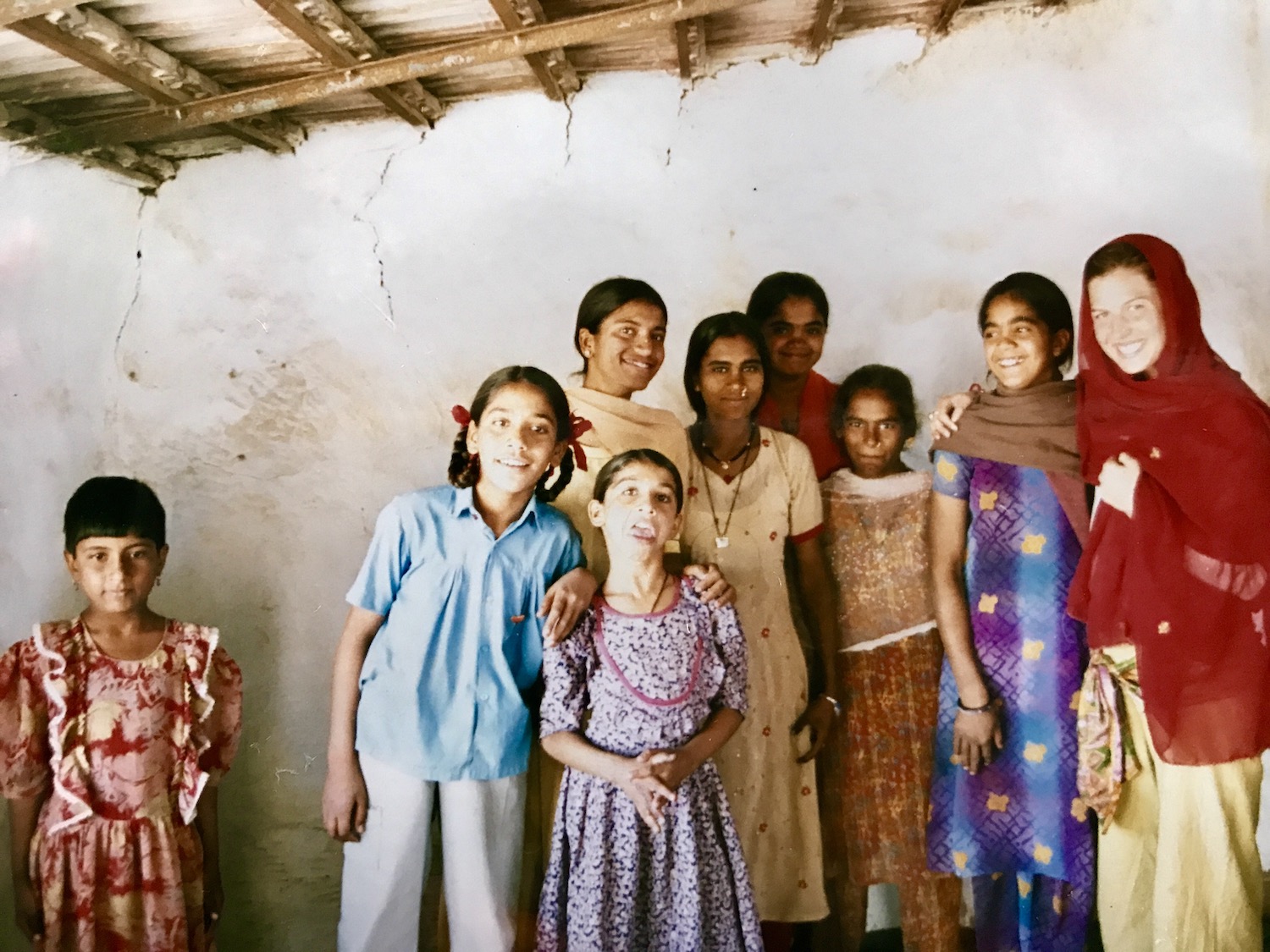
First, a little about these brilliant women.
Mariellen runs the award-winning travel blog BreatheDreamGo, which focuses on transformative travel with a special emphasis on India.
Mariellen first traveled to India in 2005, on a trip she describes as life-changing. She felt an almost immediate and uncanny affinity for India. She traveled the length and breadth of the country for six months, volunteered in Dharamsala, studied yoga in Chennai, and came to realize that India is her “soul culture.”
“India just…it makes me feel alive,” Mariellen says. “I always say to people, ‘If you ever have any desire to go to India, go. Do it.’”
Jess Scranton is another traveler who absolutely agrees. She spent a year living in India when she was fresh out of college; a year that defined her future path as co-founder of Purposeful Nomad, a tour company for travelers who want to travel locally and responsibly.
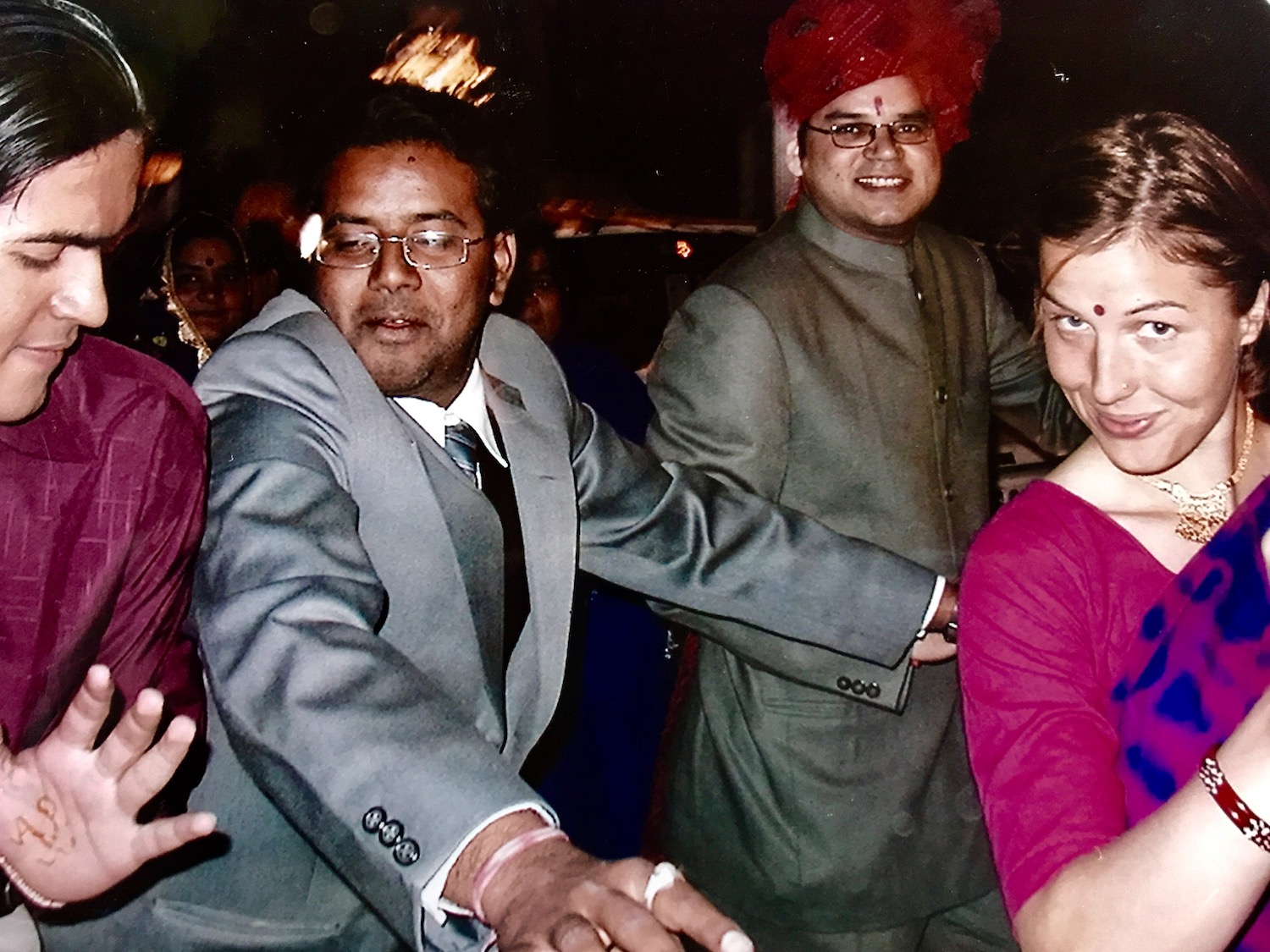
“My parents thought I was crazy,” Jess laughs. “But it was something I really wanted to do. That’s not to say I wasn’t terrified — I had no idea what I was doing. But through that experience I learned so much about myself and about the incredible country of India.”
Jess spent her year in India living in Jodphur and volunteering in surrounding villages, teaching English and taking photographs to commit her experience to memory. It was here she realized her life calling as a photographer.
“For me, India is a place to dig deep into culture, tradition and work for a greater cause,” says Jess, who will be leading a trip to India with Purposeful Nomad in January 2018. “It feels like a full circle being able to experience this place that helped shape and mold me into the person I have become with other women.”
One person who loves to hear just how much people are changed by visiting India is Sruthi Vijayan, a writer and photographer from Chennai, one of the largest cultural and economic centers of India. When Sruthi describes her home country and why people should come and visit, you can feel the love pouring out of her.
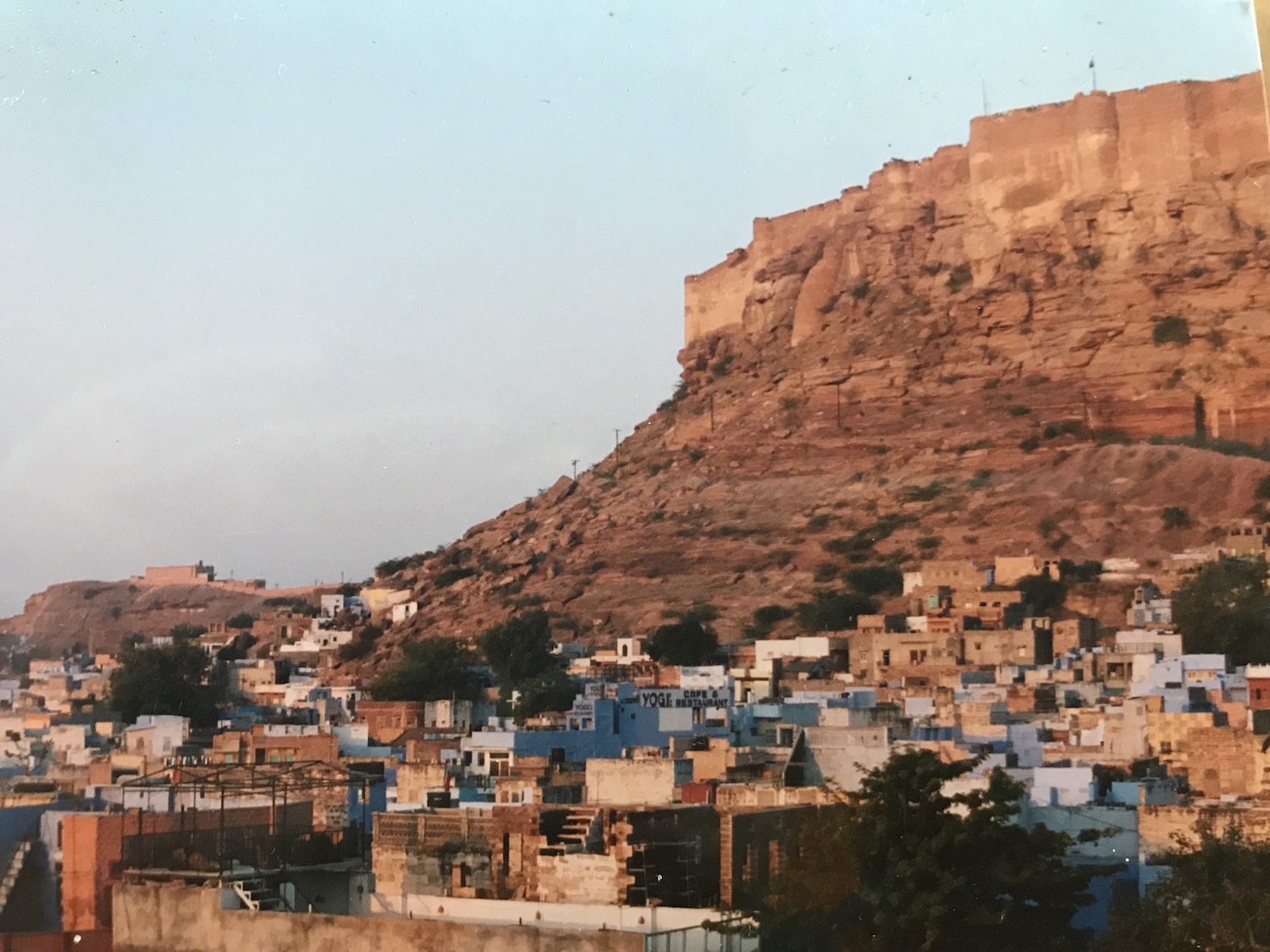
“When I think of India, I just think of color,” she gushes. “Everything from the food to the culture, the language to the people; India is just exploding with color everywhere you look. It’s just incredible.”
Though all of these women have different perspectives and their own unique experiences in India, they all urged the same thing: go, go, go.
So, how should you prepare for a trip to India as a first-time visitor?
Again, I’m so glad you asked.
1. Do your research on different regions.
“India is so incredibly diverse, and no two areas are alike,” Sruthi says. “Chennai is not like Rajasthan, Delhi is not like Goa — they’re all so different.”
All three women agreed that the best way to plan a trip to India is to do research and find the places that speak to you. That said, they each had their own recommendations, largely shaped by their own first experiences to India.
According to Jess, Rajasthan can’t be beat for first-time visitors: “The castles, traditions, holy cows, temples, and gorgeous people…you will not be disappointed!”
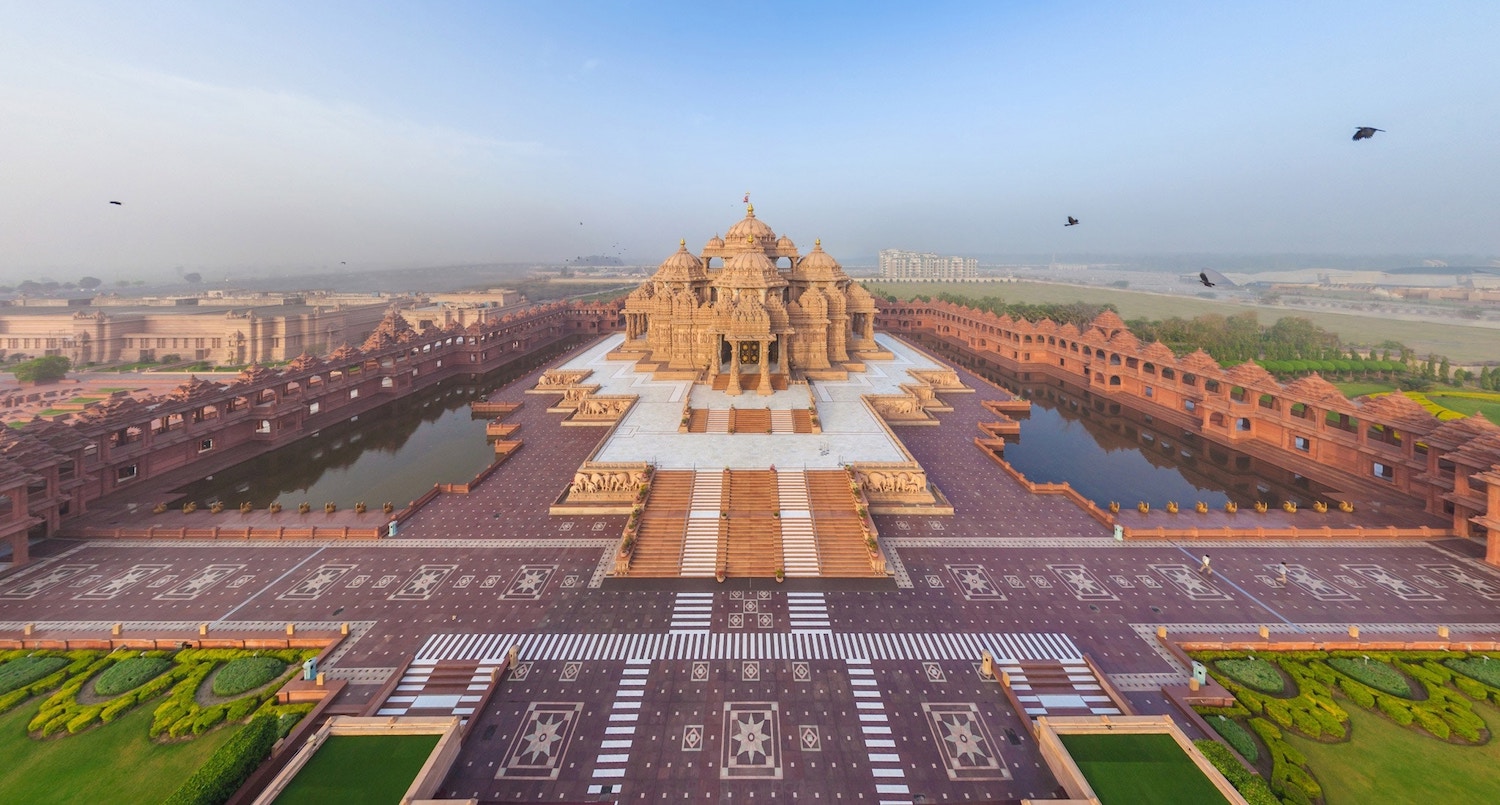
For Mariellen, Agra is one of the most special places first-time travelers to India should visit. She does recommend the Taj Mahal – it really will not disappoint – but also recommends that you visit other less-touristy places in Agra, such as the Sheroes Café — run by acid attack survivors — and Wildlife SOS, India’s preeminent animal rescue shelter.
“Agra is a soul-stirring place,” she says. “You can’t go there and not feel moved.”
And then there’s Delhi, which had all three women raving about how unique, colorful, and hip it is.
“Delhi is really coming alive,” Sruthi gushes. “It is so cool now. It has amazing shopping, cafes, street art…it’s a really hip urban scene. It’s not nearly as unsafe as the media would have you believe.”
“It’s going through some amazing shifts that reminds me of the 70s in America,” Jess adds. “I was recently in Delhi photographing the youth population, and they are using traditional Indian style but creating a modern edge around it. I’ve never seen anything like it.”
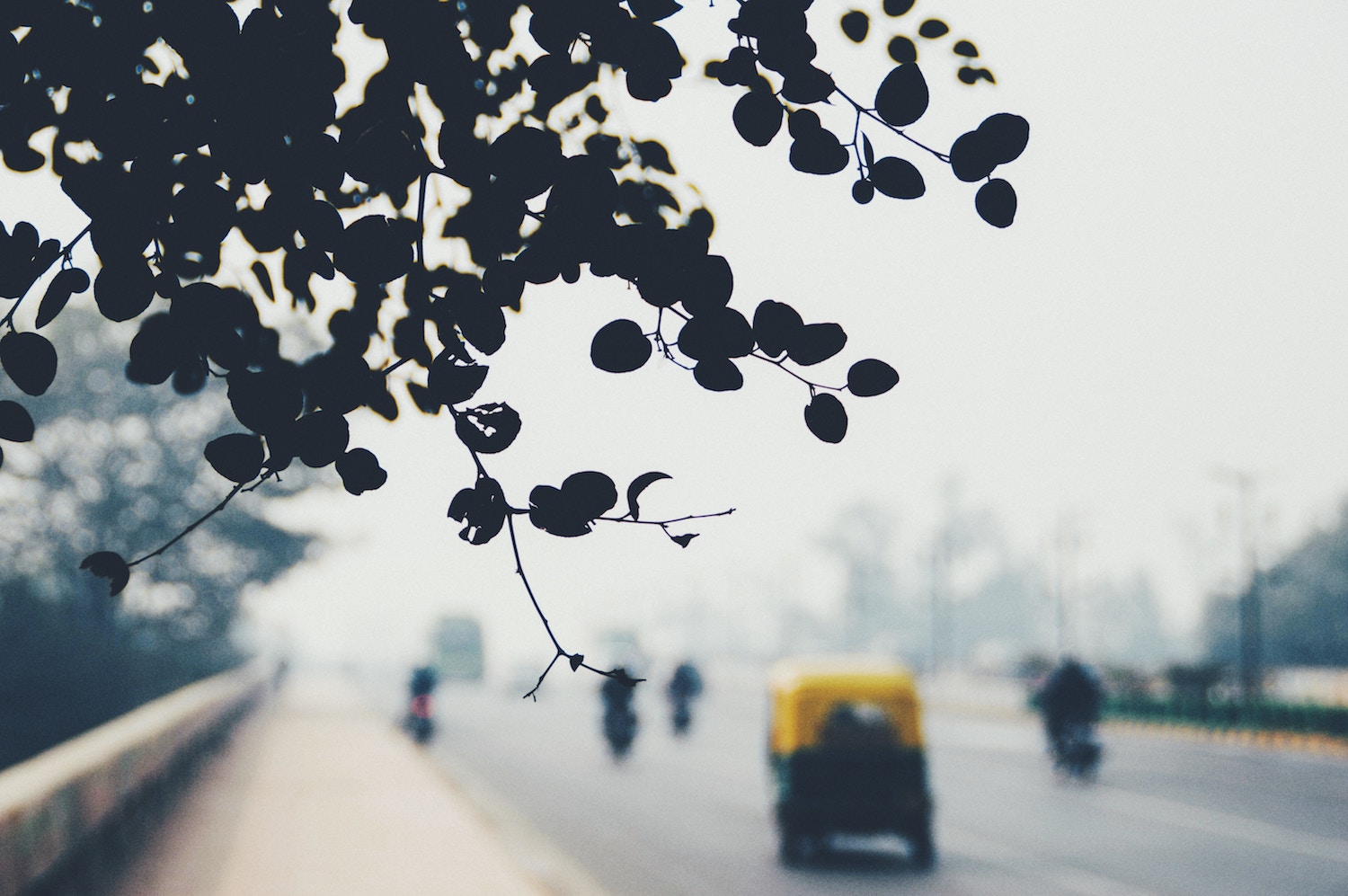
All three women noted that one of the best ways to get your feet wet in India — after all, the country is so large and diverse — is to take a small-group tour or to get help with itinerary planning.
“A small-group tour may be the perfect way to figure out which places you want to return to,” says Jess. “It’s all a matter of how you like to travel.”
2. Consider how you want to travel.
Everybody has different travel preferences — and at Wanderful, we’re all about celebrating those differences. However, each of our India experts stressed that one of the best ways to truly experience India is to live locally and see India through the eyes of Indian people.
“We want to show the world our India,” Sruthi says. “Not the one you see in the media or in Bollywood movies. The things we do on a regular basis, our homes, our food…we want you to see all of that.”
Mariellen recommends staying in homestays or bed-and-breakfasts as a way to more deeply connect with Indian culture.
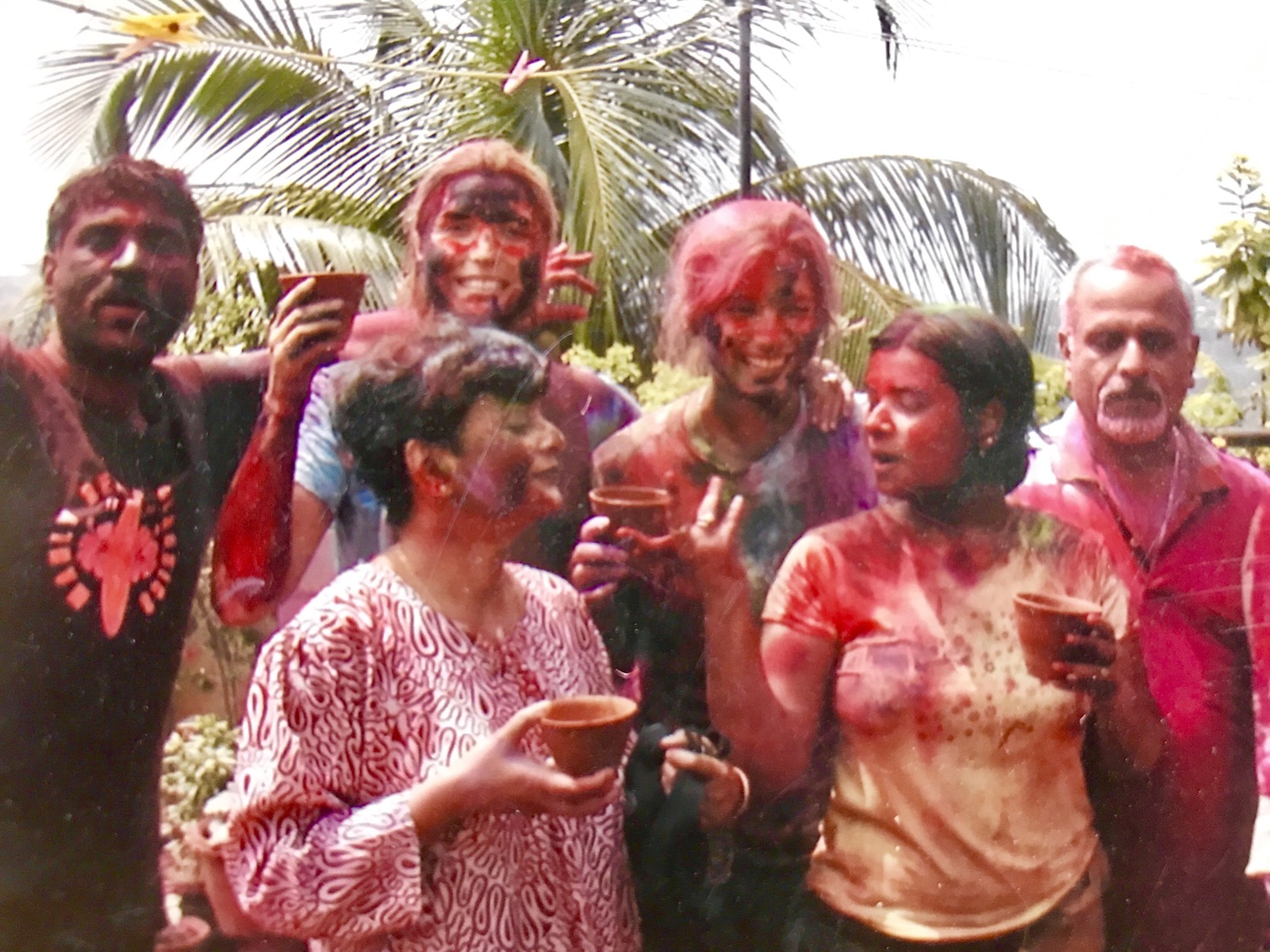
“The first time I went to India, I stayed with a friend-of-a-friend in a typical Indian, three-generation, extended family home. I was very lucky that this was my first Indian experience,” she says. “Staying in an Indian home, you really get a sense of the family. And family is so important to the culture. You also get to experience some home-cooked Indian food — you can’t beat it!”
Staying with Indian families also helps first-time visitors get off the beaten path and experience the culture in a unique yet safe way.
“India has a very well-worn tourist circuit — sometimes when I was backpacking in India I felt like I could see the families but I couldn’t quite step the line into ‘real India,’” Jess says. “Volunteering and living with a family was a good way to pass the threshold and have a deeper and more meaningful experience. I also think doing a tour that is tied to the local community or with Indians is a great way to go deeper, too.”
But whatever your travel preference, all three of our experts were quick to say there’s no wrong way to visit India — it’s just a matter of taking the first step.
“At the end of the day, we want to show off our country — its warmth, its color, its people, its food,” Sruthi says. “We want visitors to have a great experience here — and for most people, it’s just a matter of taking that first step.”
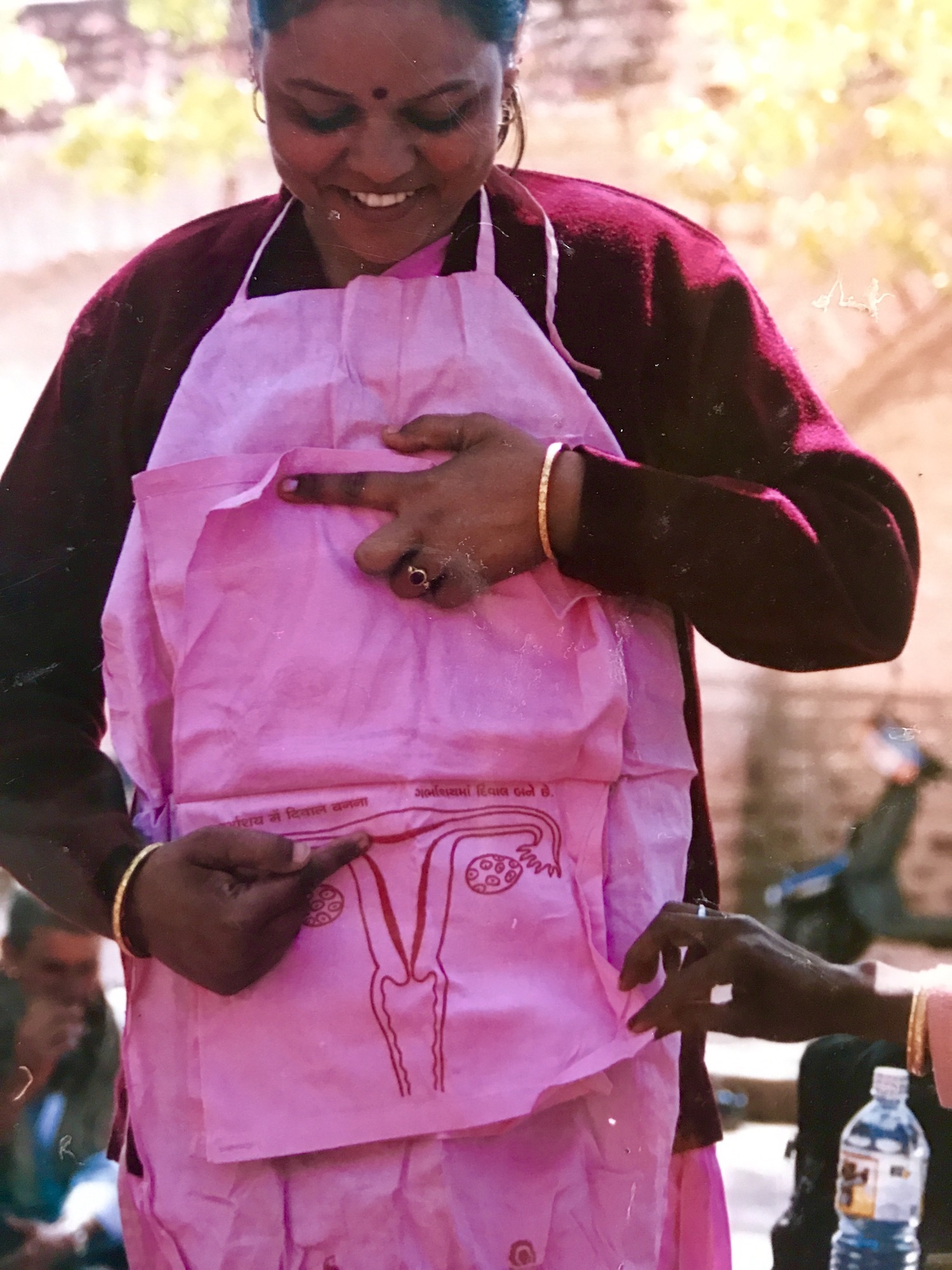
But is it dangerous?
Of course, sometimes the thing holding travelers — particularly women travelers — back from that first step is fear; something these three women have heard a lot about.
“There’s a lot of fear mongering out there in the media about India. Yes, things happen, but things happen everywhere. The media tends to exaggerate and sensationalize stories,” Mariellen says. “You need to be cautious and alert, but the other thing to remember is that in India, you are always surrounded by people. Most of the people don’t want anything bad to happen to visitors and will support you if you need help.”
Sruthi, too, notes that visitors can take advantage of a culture of “shaming” people that are harassing others.
“Most Indians do not want anything to happen to visitors,” she says. “There is enough negative media attention out there — that is not what we want for our country. If someone is harassing you, if you make some noise and make a bit of a scene, Indian women will come to your side to help.”
“Don’t forget — there are a lot of people in India!” Sruthi adds. “It’s hard for something to go unnoticed.”
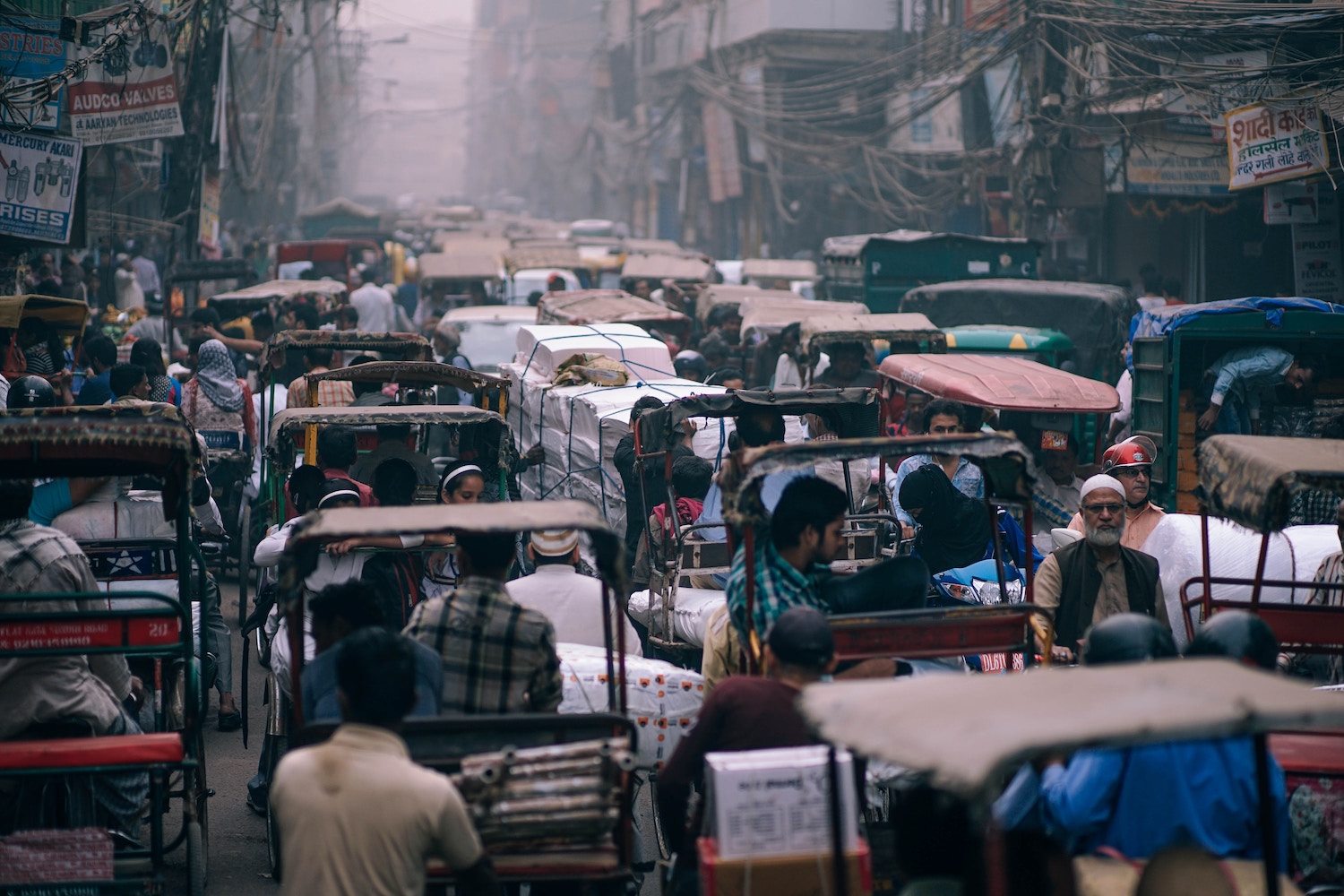
From Jess’s perspective, she’s noticed a shift over the last decade — a shift that has actually been instigated by negative media coverage of women’s rights in India.
“India is at a very interesting point, culturally,” she says. “In a way, the media attention has put a spotlight on these issues and given women more of a voice. It is a patriarchal society and the shifts are slow, but positive.”
While debunking these negative stereotypes is important, it’s also important to reiterate that there are some parts of India that could potentially be unsafe for women.
“As a first time traveler, I would be careful not to venture out late nights in most Indian cities, or to remote paces without adequate planning,” Sruthi says. “These risks aren’t singular to India, but given that there will already be a significant cultural difference coupled with these safety issues — it is definitely something to be understood and dealt with. I just want to be sure people understand that there are some legitimate safety challenges and they should be equipped to face them.”
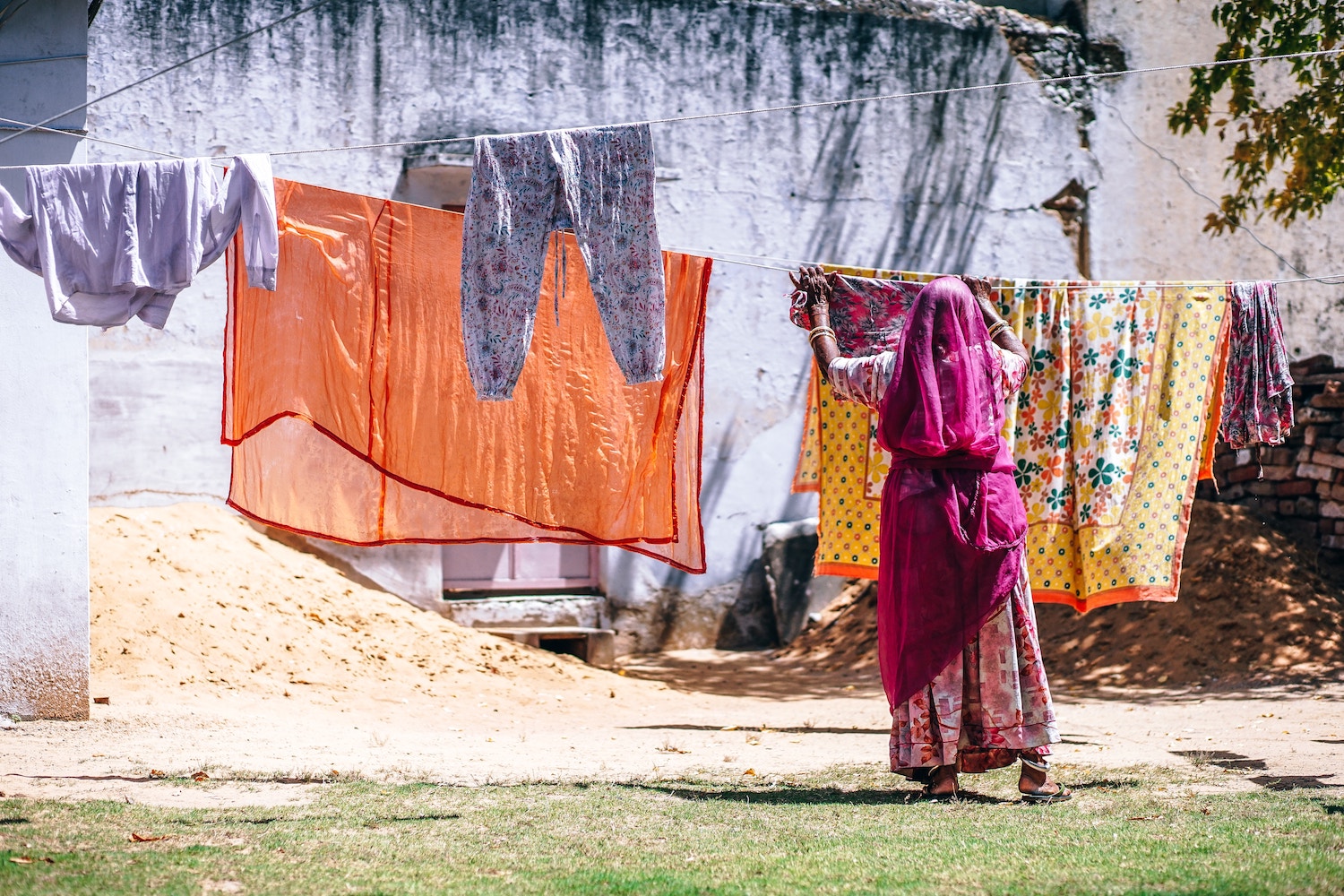
3. Be aware of your surroundings.
Just like traveling to anywhere with a different culture than your own, all three experts insisted that first-time travelers need to be aware of the local culture — and this varies across the country.
“Many first-time visitors go to Rajasthan, but it is actually one of the most traditional states in India,” Mariellen says. “You have to cover up a lot more there than you do in other parts of the country, such as Goa or parts of Mumbai.”
This might mean something as simple as carrying a scarf to cover yourself when visiting different landmarks or in more conservative areas.
“I always carry a scarf or sarong with me,” Jess says. “You’d be surprised how often it comes in handy!”
But all three experts note it’s more than just your clothing — you have to be aware of your daily interactions with people.
“I’m from Canada, a culture where everyone is very polite,” Mariellen notes. “In India, you have to be a bit more assertive. If you feel like someone is harassing you, you have to be confident to stand up and tell them to go away.”
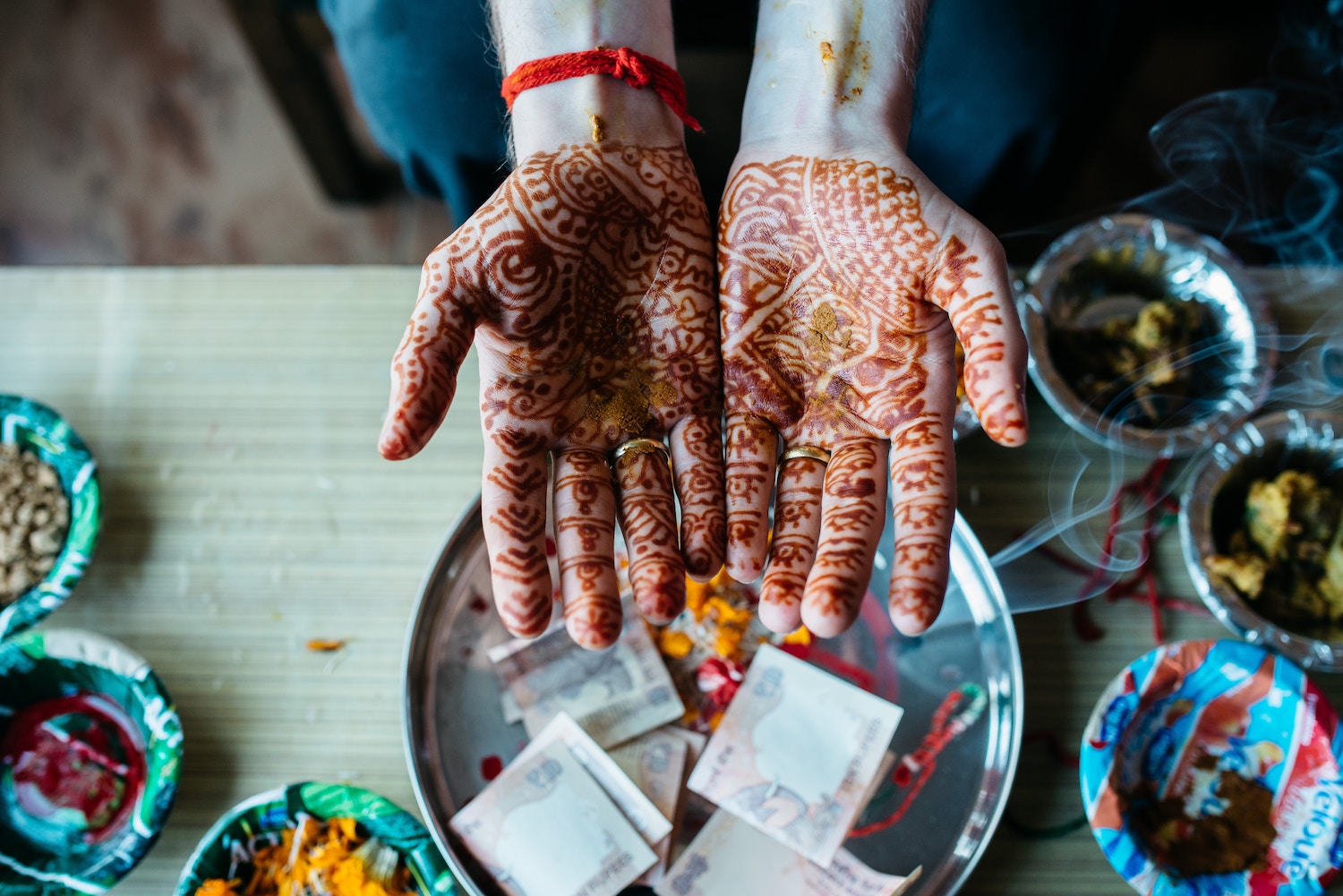
At the end of the day, all three experts had the same message: yes, take precautions — and travel in a way that makes you feel comfortable — but don’t let fear or perceptions of India hold you back from experiencing its magic.
“Come and experience India your way,” Sruthi says. “There will be people to help you along the way — we just want you to come and live it.”
And don’t be surprised if one visit isn’t enough.
“India is like a rollercoaster ride,” Jess says. “It will sweep you off your feet and you’ll find yourself needing to take the ride many times over to get your fix.”
“Just go,” Mariellen adds. “If you feel it in your heart, you have to go. And you’ll fall in love.”
Want to know more about traveling to India?
Sruthi’s website can be found right here.
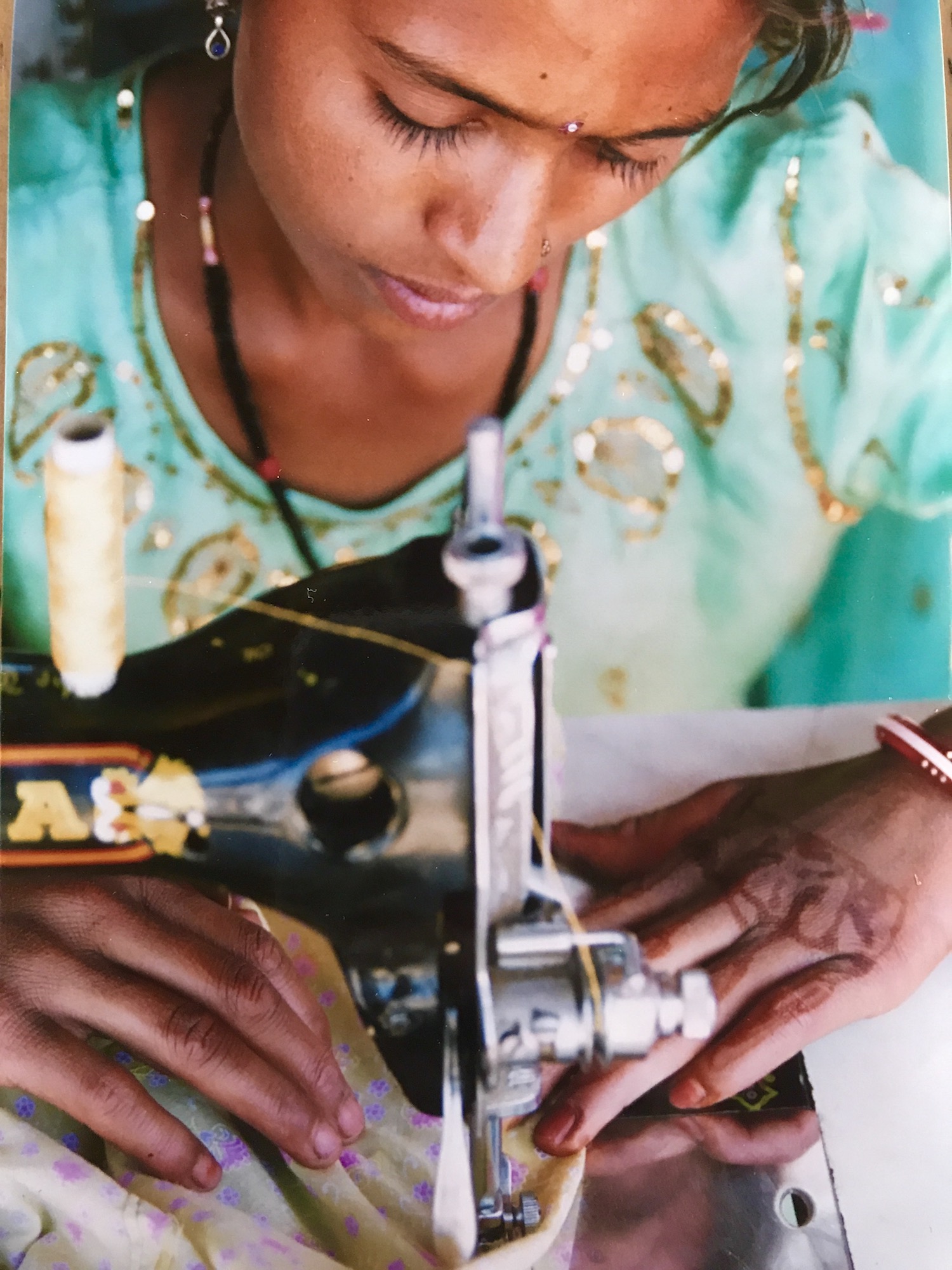
Additionally, Mariellen offers an itinerary travel planning service, and both BreatheDreamGo and Purposeful Nomad are running small group, local tours in 2018 (both of which are highly recommended by Wanderful).
Purposeful Nomad’s cultural tour, Jewels of Rajasthan, runs regularly. It begins and ends in Delhi and brings you to highlights including the Taj Mahal, the historical blue city of Jodhpur, and the pink city of Jaipur. For this tour, Purposeful Nomad is working with Sambhali Trust, a nonprofit helping to empower 300 women across Jodhpur.
Mariellen is leading a tiger safari tour with Pugdundee Safaris to some of India’s top tiger reserves March 21-April 2, 2018. There will be an excellent chance of tiger sightings on this tour – a once-in-a-lifetime experience.
